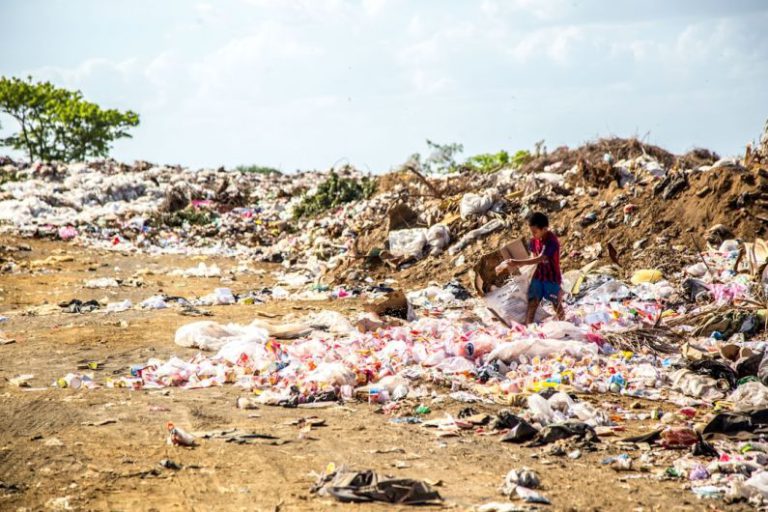Combatting Ocean Pollution: the Role of Retreaded Tires
The battle against ocean pollution is an ongoing challenge that requires innovative solutions and collective efforts. One often overlooked contributor to marine pollution is the improper disposal of tires, which can have devastating effects on marine ecosystems. Retreaded tires offer a sustainable alternative that can help combat ocean pollution and reduce environmental impact.
The Impact of Tires on Ocean Pollution
Tires are a common item found in marine debris, with millions of them ending up in the ocean each year. When tires are improperly disposed of on land, they can make their way into waterways through stormwater runoff, eventually reaching the ocean. Once in the marine environment, tires can leach harmful chemicals and microplastics into the water, posing a threat to marine life and ecosystems.
Tires also have the potential to physically damage marine habitats, such as coral reefs and seagrass beds, through abrasion and smothering. Their presence can disrupt the natural balance of marine ecosystems, leading to long-term consequences for marine biodiversity and ecosystem health.
The Role of Retreaded Tires in Combatting Ocean Pollution
Retreaded tires provide a sustainable solution to the environmental impact of tire disposal. Instead of discarding old tires, retreading involves refurbishing the tire casing and applying a new tread, extending the life of the tire and reducing the need for new tire production. This process not only conserves resources but also minimizes the generation of waste tires that could end up polluting the ocean.
By promoting the use of retreaded tires, individuals and industries can help reduce the demand for new tires, which in turn can lessen the environmental footprint associated with tire manufacturing. The adoption of retreaded tires as a viable alternative can contribute to a circular economy model where resources are reused and recycled, reducing the overall impact on the environment.
Benefits of Retreaded Tires for Marine Conservation
Retreaded tires offer several benefits that can aid in marine conservation efforts. By extending the lifespan of tires, retreading helps reduce the volume of tires that would otherwise be disposed of improperly. This, in turn, decreases the likelihood of tires entering the marine environment and causing harm to marine ecosystems.
Furthermore, the use of retreaded tires can help mitigate the carbon footprint associated with tire production. The energy and resources saved through the retreading process result in lower greenhouse gas emissions and reduced environmental impact compared to the manufacturing of new tires. This eco-friendly approach aligns with sustainability goals and promotes responsible consumption and production practices.
Challenges and Opportunities in Promoting Retreaded Tires
Despite the environmental benefits of retreaded tires, there are challenges to widespread adoption. Some misconceptions about the safety and performance of retreaded tires may deter consumers from choosing this option. Education and awareness campaigns are essential to dispel myths and highlight the quality and reliability of retreaded tires.
Additionally, regulatory support and incentives can encourage the use of retreaded tires among businesses and consumers. Policies that promote sustainable tire management practices and reward eco-friendly choices can help create a market demand for retreaded tires and drive positive environmental change.
Embracing a Sustainable Future with Retreaded Tires
In conclusion, retreaded tires play a crucial role in combatting ocean pollution by offering a sustainable alternative to traditional tire disposal methods. By choosing retreaded tires, individuals and industries can contribute to marine conservation efforts, reduce environmental impact, and support a circular economy approach to resource management. Promoting the use of retreaded tires is a step towards a cleaner, healthier ocean and a more sustainable future for generations to come.






